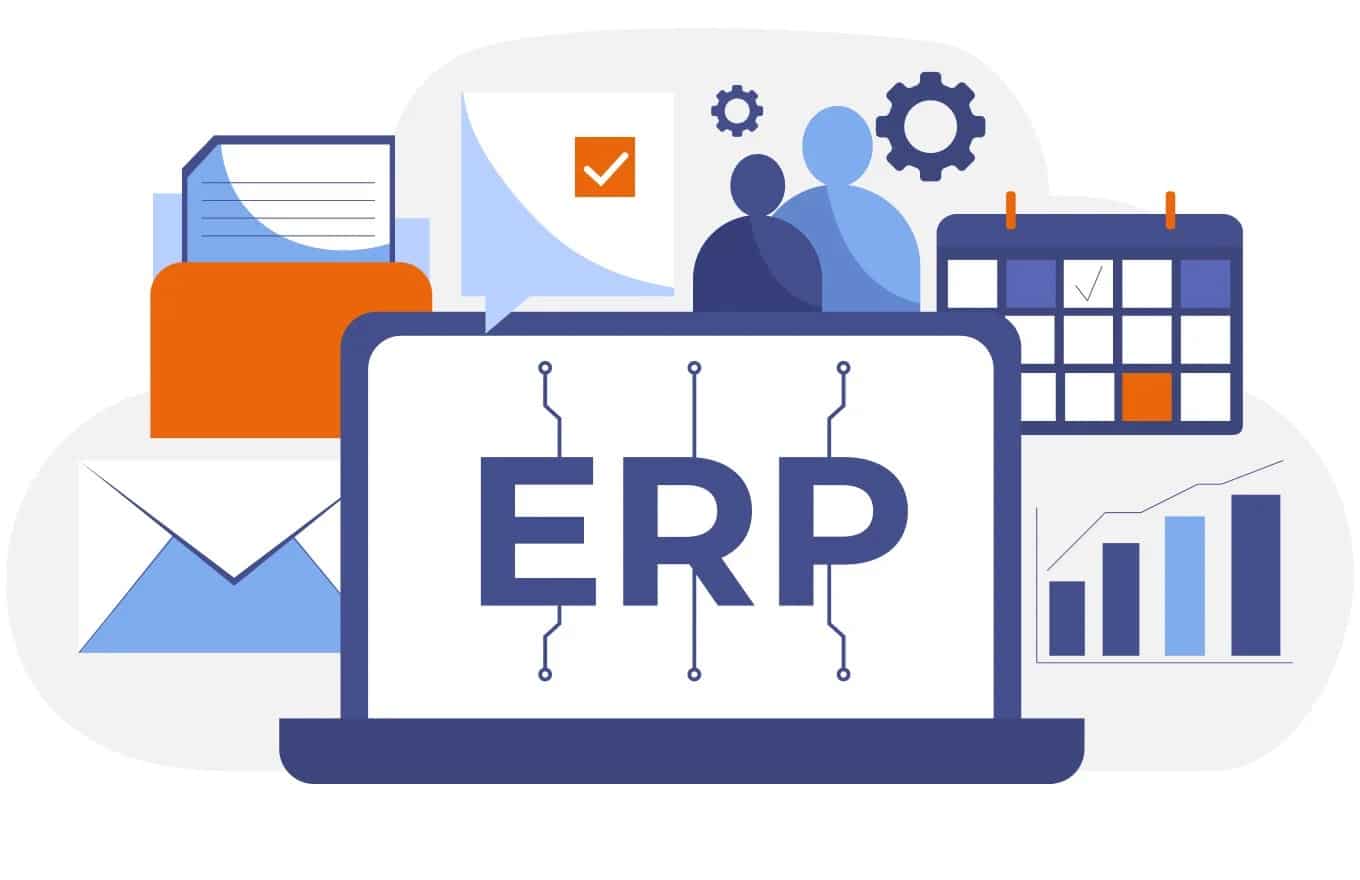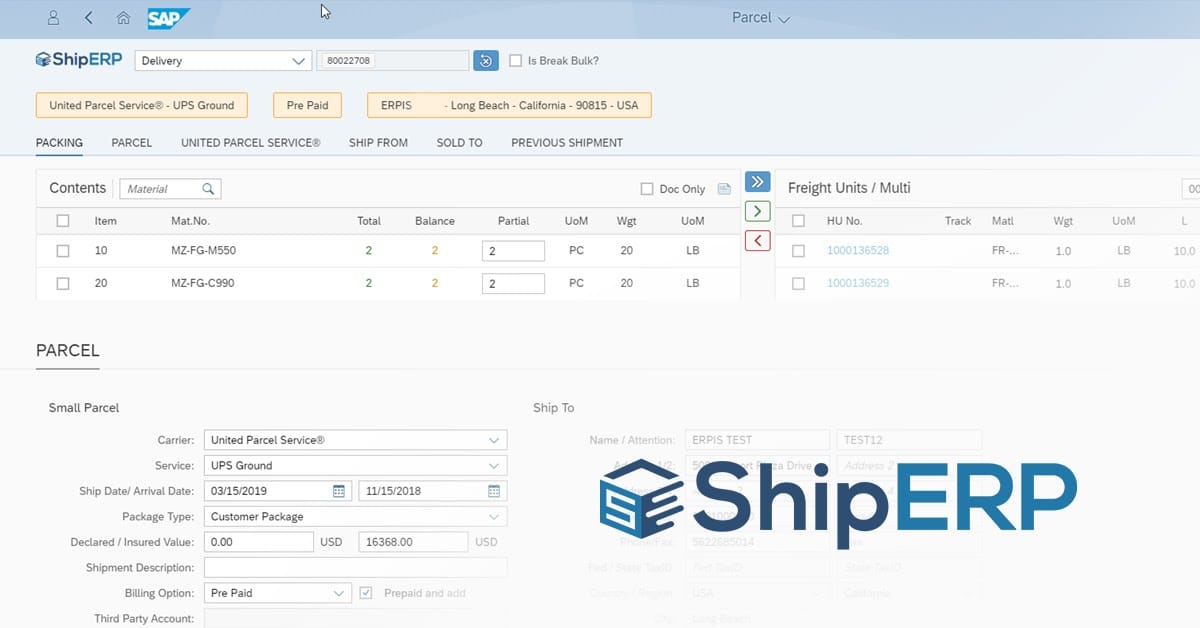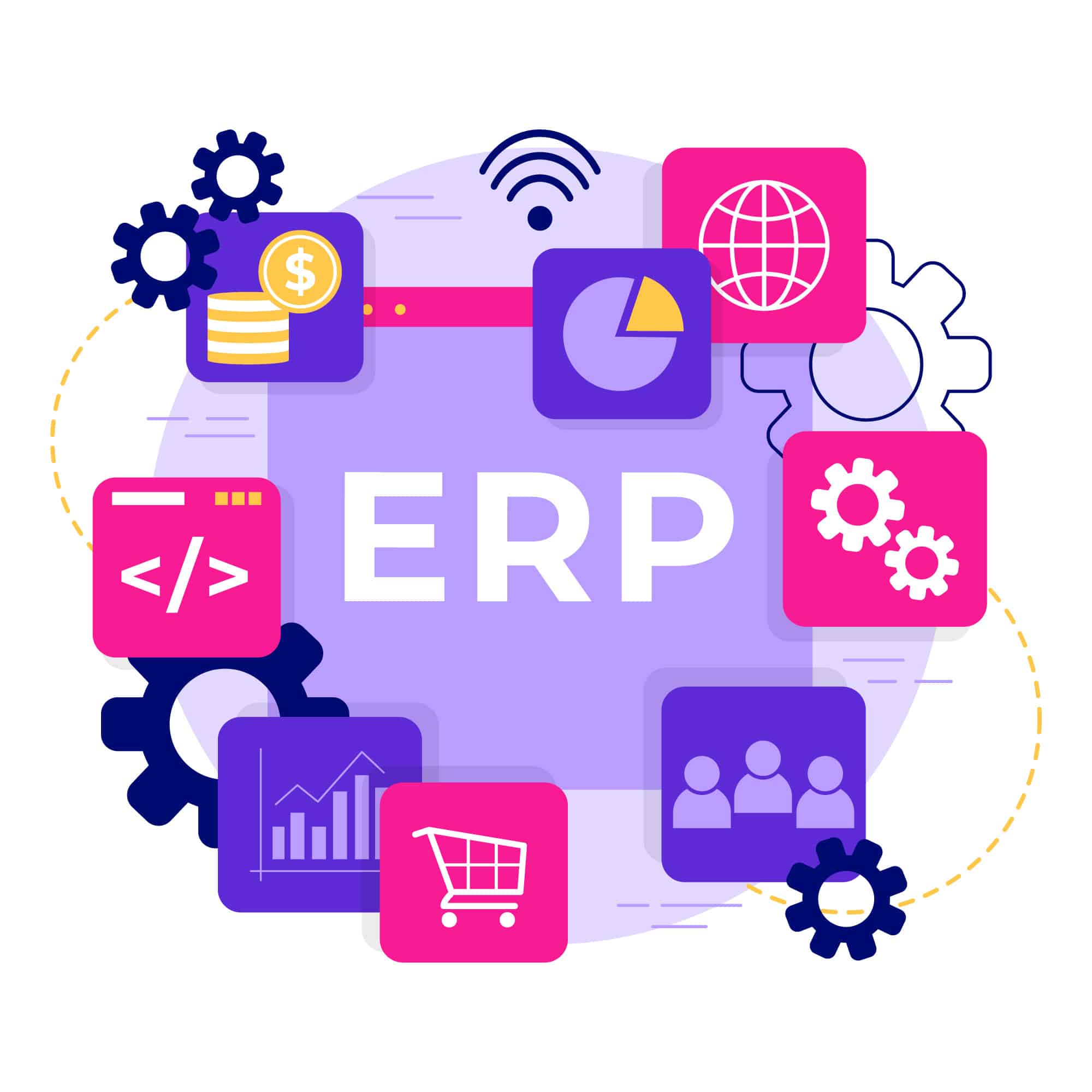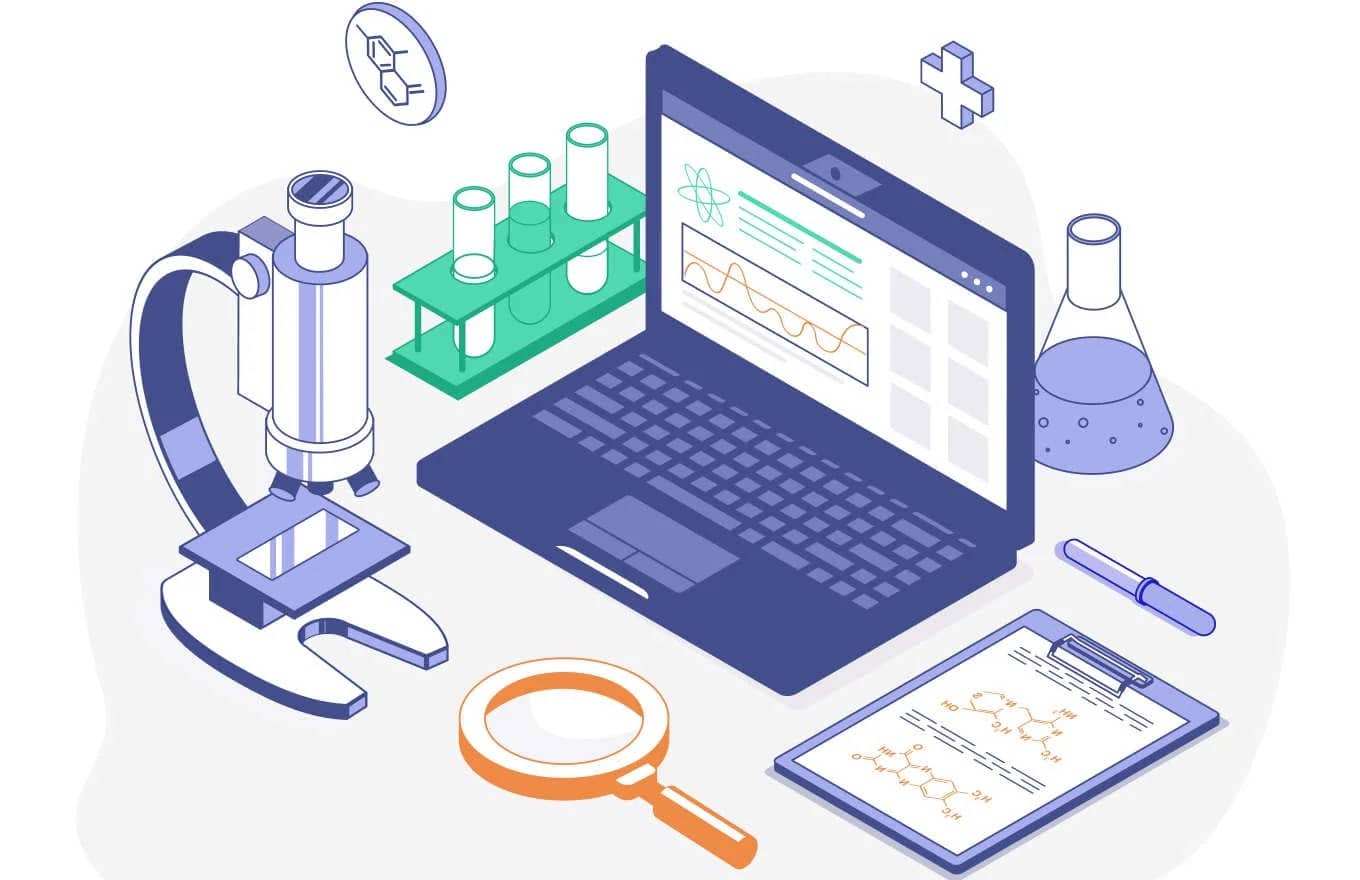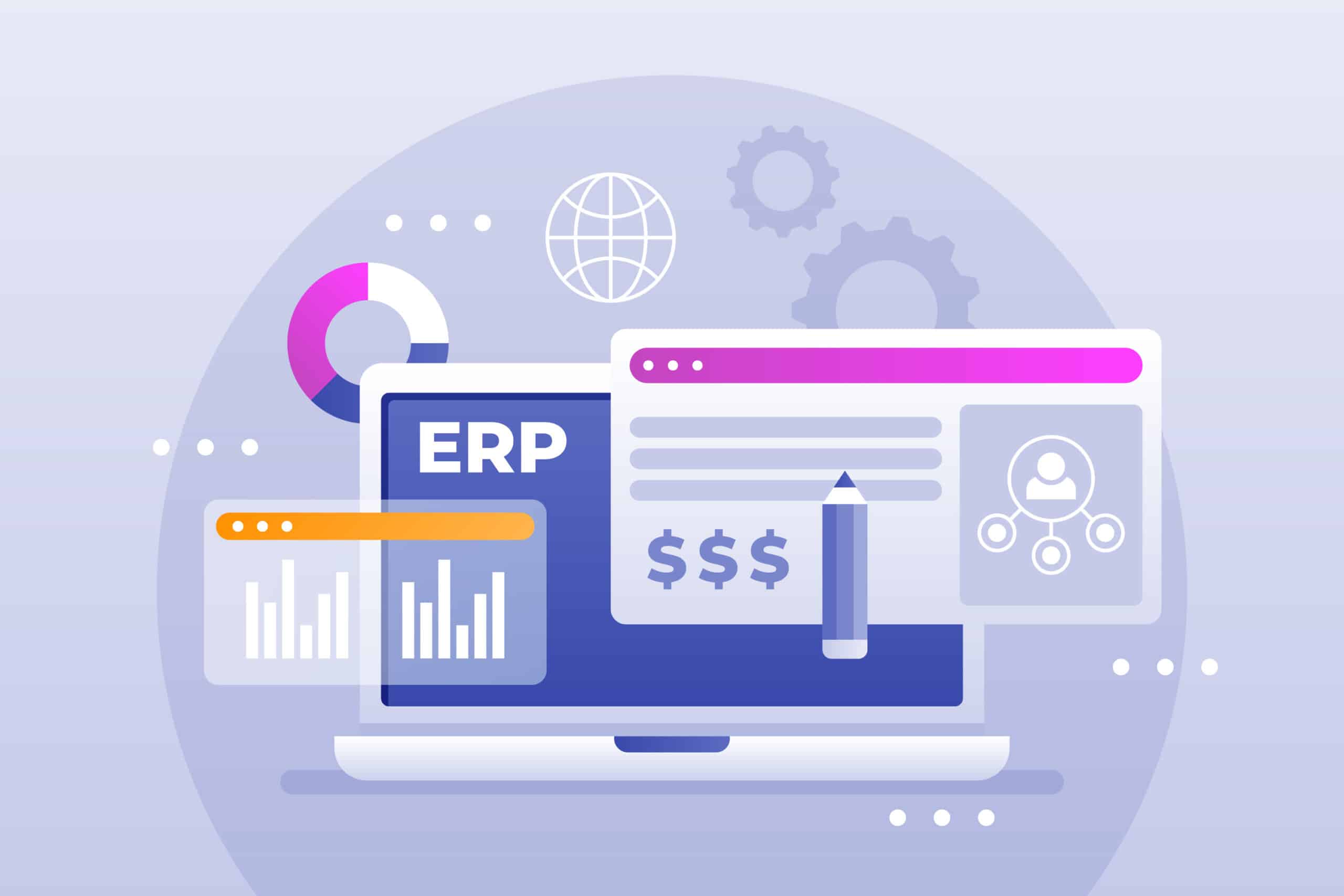Introduction
Are you looking to streamline your business processes and boost efficiency? Look no further than the integration of erp and accounting software. In this digital era, where speed and accuracy are paramount, merging these two powerful tools can revolutionize your company’s financial management. Let’s dive into the world of ERP and accounting software and explore the significant benefits that come with their integration.
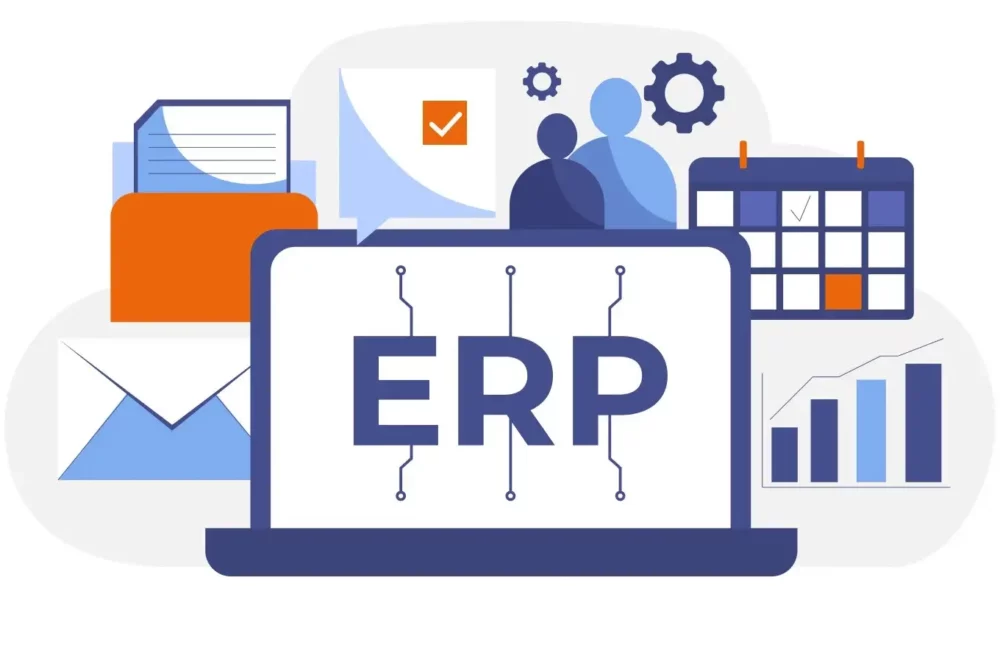
A. Overview of ERP and Accounting Software
ERP, or Enterprise Resource Planning, is a comprehensive software solution that consolidates various business processes into a single, unified system. It encompasses functions such as finance, human resources, supply chain, and customer relationship management. On the other hand, accounting software focuses specifically on managing financial transactions, generating reports, and ensuring compliance.
B. Importance of Integrating ERP and Accounting Software
Now, imagine the potential when these two systems join forces. By integrating ERP and accounting software, you can seamlessly synchronize your financial data across departments, eliminating the need for manual data entry and reducing the risk of errors. This integration empowers your organization to make informed decisions promptly, based on accurate and up-to-date financial information.
But that’s just the tip of the iceberg! The integration of ERP and accounting software brings forth a plethora of benefits, ranging from streamlined business processes to enhanced financial reporting and analysis. In the upcoming sections, we will explore these advantages in detail, helping you understand why this integration is worth considering.
Stay tuned for our next section, where we will delve into the benefits of integrating ERP and accounting software. Discover how this collaboration can transform your company’s operations and drive success.

Benefits of ERP and Accounting Software Integration
In today’s fast-paced business landscape, efficiency and productivity are key to staying ahead of the competition. The integration of ERP and accounting software offers a myriad of benefits that can transform the way your organization operates. Let’s explore these advantages in detail.
A. Streamlined Business Processes
When your ERP and accounting software work in harmony, you can bid farewell to the hassle of managing multiple systems and manual data entry. The integration enables seamless data flow between departments, ensuring that information is updated in real-time. This automation minimizes errors, reduces duplication of efforts, and accelerates the overall workflow. From invoice processing to inventory management, every aspect of your business processes becomes streamlined, saving you time and resources.
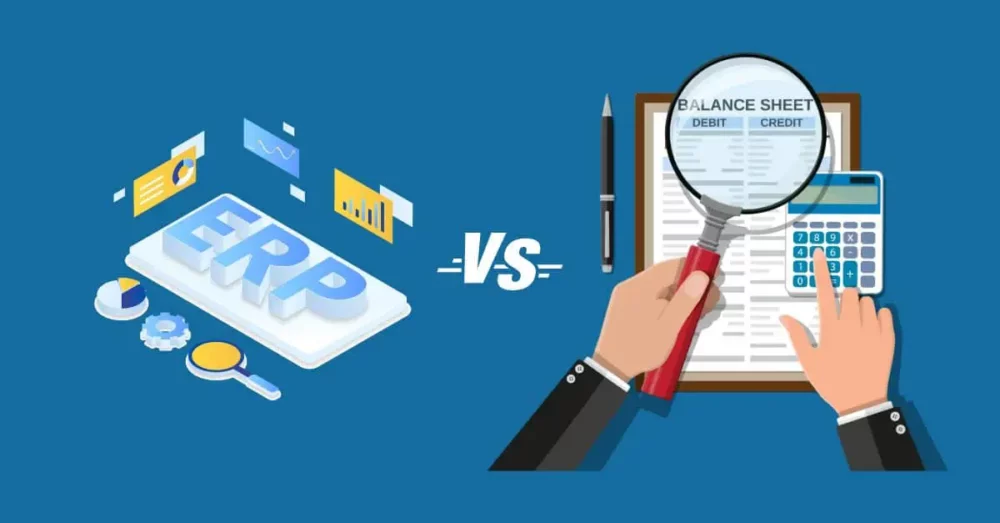
B. Improved Efficiency and Productivity
Integrating ERP and accounting software eliminates the need for manual reconciliations and data transfers. With synchronized data, you can generate accurate financial reports effortlessly. This newfound efficiency translates into improved decision-making, as you have real-time insights into your company’s financial health. Moreover, automation frees up your employees’ time, allowing them to focus on more value-added tasks rather than mundane administrative work. By optimizing processes and increasing productivity, you can drive your organization towards growth and success.
C. Enhanced Financial Reporting and Analysis
Access to accurate and up-to-date financial data is crucial for making informed business decisions. By integrating ERP and accounting software, you can generate comprehensive financial reports with ease. These reports provide a holistic view of your company’s performance, allowing you to identify trends, analyze profitability, and make data-driven decisions. With enhanced financial reporting and analysis capabilities, you gain a competitive edge, enabling you to respond quickly to market changes and seize new opportunities.
Stay tuned for the next section, where we will explore key features to consider when choosing ERP and accounting software. Discover the essential functionalities that will align with your organization’s unique needs and drive seamless integration.
Key Features to Consider in ERP and Accounting Software
When choosing ERP and accounting software for your business, it’s crucial to consider the key features that will support your financial management needs. Let’s explore some of the essential features to look out for:
A. General Ledger and Financial Management
The general ledger is the backbone of any accounting system. It provides a comprehensive view of your company’s financial transactions, allowing you to track income, expenses, assets, and liabilities. Look for ERP and accounting software that offers robust general ledger capabilities, including the ability to create journal entries, reconcile accounts, and generate financial statements.
B. Accounts Payable and Receivable
Efficient management of accounts payable and receivable is vital for maintaining healthy cash flow. Choose software that enables you to easily track and manage invoices, process payments, and stay on top of outstanding receivables. Look for features such as automated invoice generation, payment reminders, and integration with banking systems for seamless financial transactions.
C. Inventory Management
For businesses that deal with physical products, effective inventory management is essential. Look for ERP and accounting software that provides real-time visibility into your inventory levels, allowing you to optimize stock levels, track product movements, and avoid stockouts or overstocking. Features such as barcode scanning, automated reordering, and inventory valuation can streamline your inventory management processes.
D. Purchase and Sales Order Management
Efficient purchase and sales order management ensure smooth transactions with your suppliers and customers. Look for software that allows you to easily create and track purchase orders, automate order fulfillment, manage pricing and discounts, and generate accurate sales reports. Integration with other modules, such as inventory and accounting, can further enhance your order management processes.
As you evaluate different ERP and accounting software options, consider how well these key features align with your business requirements. Remember, each organization has unique needs, so prioritize features that will directly impact your financial management processes. In the next section, we will discuss the factors to evaluate when choosing ERP and accounting software, helping you make an informed decision. Stay tuned!
Factors to Evaluate When Choosing ERP and Accounting Software
When it comes to selecting the right ERP and accounting software for your business, it’s crucial to consider several key factors. Evaluating these factors will ensure that you make an informed decision and choose a solution that aligns with your company’s needs. Let’s explore the essential considerations when selecting ERP and accounting software.
A. Scalability and Flexibility
As your business grows, it’s essential to have software that can scale alongside it. Look for ERP and accounting solutions that offer scalability and flexibility, allowing you to add new modules, users, and functionalities as your business expands. This ensures that your software can adapt to your evolving requirements and accommodate future growth.
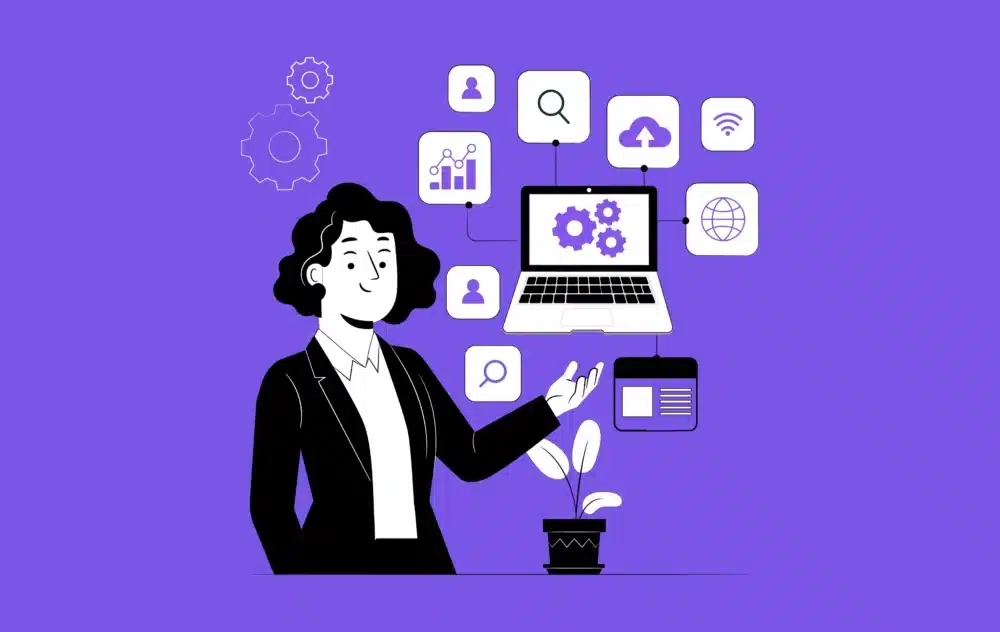
B. User-Friendliness and Ease of Implementation
Implementing new software can be a complex process, so it’s crucial to choose a solution that is user-friendly and easy to implement. Consider the interface, navigation, and overall user experience of the software. Look for intuitive systems that require minimal training for your employees to start using effectively. Additionally, consider the implementation process itself, ensuring that it is streamlined and supported by the software provider.
C. Integration Capabilities
Integration capabilities play a significant role in maximizing the benefits of ERP and accounting software. Check if the software offers seamless integration with other essential systems in your business, such as CRM or inventory management software. This integration allows for smooth data flow between systems, eliminating duplication of efforts and enabling real-time data synchronization.
D. Customization Options
Every business has unique requirements, so it’s important to choose ERP and accounting software that offers customization options. Look for solutions that allow you to tailor the software to meet your specific needs. This flexibility ensures that the software can adapt to your business processes, rather than forcing your processes to conform to the software.
By carefully evaluating these factors when choosing ERP and accounting software, you can select a solution that aligns with your business goals and empowers your organization for success. In the next section, we will explore real-life case studies of companies that have successfully implemented ERP and accounting software integration. Stay tuned to gain insights from their experiences!
Case Studies: Successful Implementation of ERP and Accounting Software
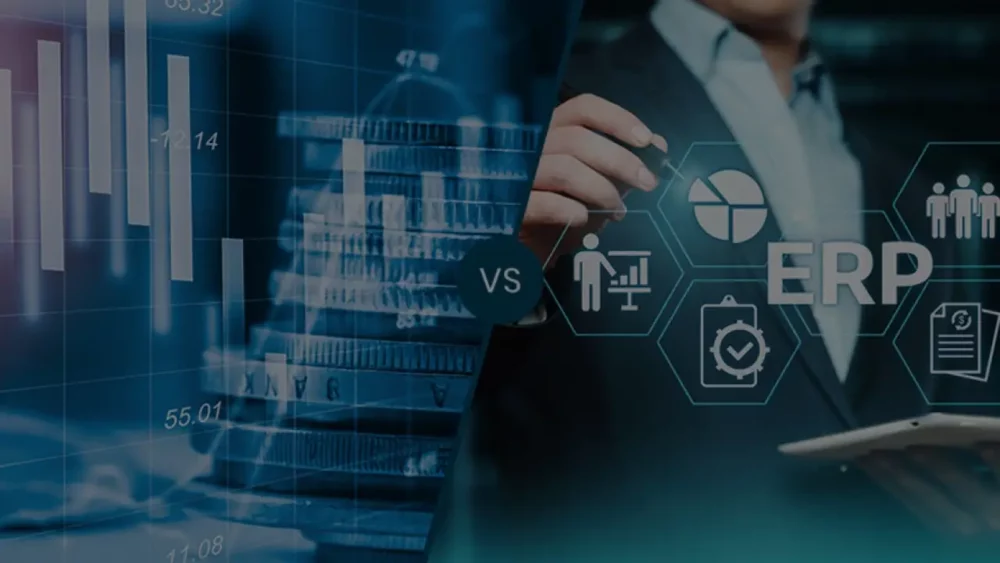
In this section, we will delve into two real-life case studies that highlight the tremendous benefits of integrating ERP and accounting software. These success stories demonstrate how companies have leveraged this collaboration to achieve cost savings, process efficiency, and gain real-time financial insights.
A. Company X: Achieving Cost Savings and Process Efficiency
Company X, a leading manufacturing firm, was struggling with fragmented systems and manual processes that hampered their financial operations. They decided to integrate their ERP and accounting software, and the results were remarkable. By consolidating their financial data into a unified system, Company X streamlined their processes, eliminating duplicate data entry and reducing errors.
The integration allowed them to automate routine tasks such as invoice generation, payment processing, and financial reporting. With real-time access to accurate financial information, they were able to make informed decisions promptly. Additionally, the integration enabled better visibility into their inventory levels, optimizing their supply chain management and reducing carrying costs.
As a result, Company X achieved significant cost savings, reduced their operating expenses, and improved overall process efficiency. They were able to allocate resources more effectively and focus on strategic initiatives, driving their business growth.
B. Company Y: Gaining Real-time Financial Insights
Company Y, a fast-growing e-commerce retailer, recognized the need for real-time financial insights to stay competitive in the market. They integrated their ERP and accounting software to obtain a holistic view of their financial data. With this integration, they gained access to real-time dashboards and reports, enabling them to analyze their financial performance promptly.
The integration allowed Company Y to track their revenue, expenses, and cash flow in real-time. They could identify trends, pinpoint areas of improvement, and make data-driven decisions. With accurate financial insights at their fingertips, they could adapt their business strategies swiftly, ensuring their growth trajectory.
Moreover, the integration facilitated seamless order management and inventory control. Company Y could track their sales orders, manage stock levels, and optimize their fulfillment processes. This enhanced visibility into their operations translated into improved customer satisfaction and increased sales.
By integrating ERP and accounting software, Company Y gained the competitive edge they were looking for. They could not only make informed financial decisions but also enhance their overall operational efficiency.
Stay tuned for the concluding section, where we will recap the benefits of ERP and accounting software integration and offer final thoughts on choosing the right solution for your business.

